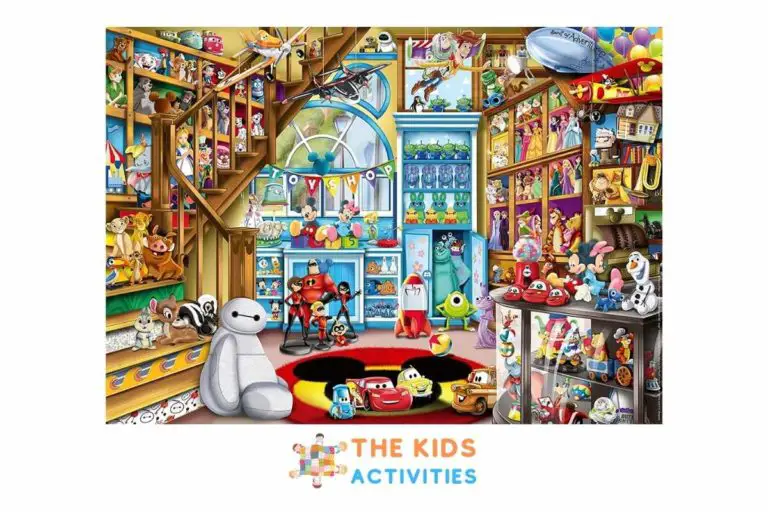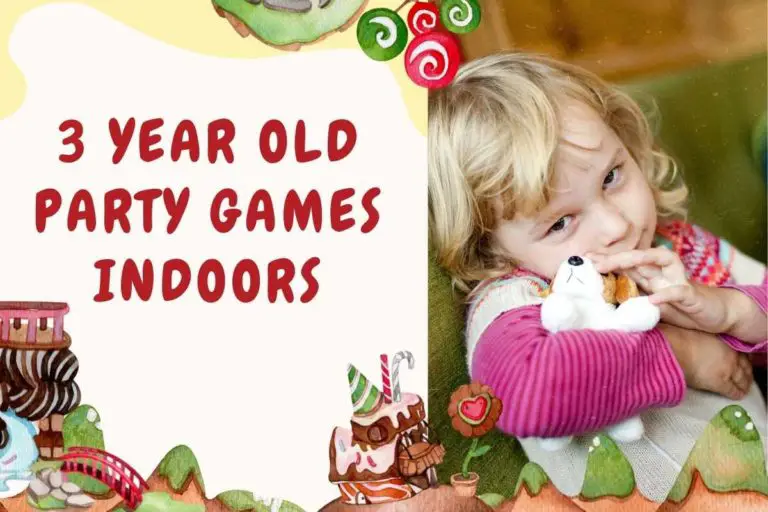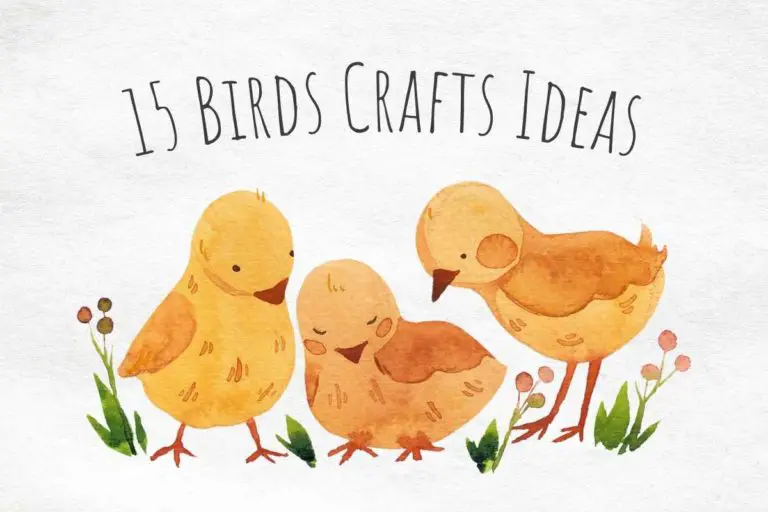How Does A Puzzle Help A Child
How Does A Puzzle Help A Child
A puzzle is a great way to help a child improve their problem-solving skills. It also helps them to develop their hand-eye coordination and fine motor skills.
Puzzles are also a great way to encourage a child to use their imagination and be creative.
In this modern day and age, it is easy to find digital toys for your children. However, many of these digital toys do not provide the same benefits that a puzzle offers. Puzzles can be used to help develop important life skills.
Building life skills
Do you know how you need certain skills to do certain things?
Well, it’s the same for kids. Puzzles help develop life skills like:
- problem-solving
- critical thinking
- fine motor skills (for those with a strong sense of touch)
Developing Hand-Eye Coordination
Puzzles are a great way to develop hand-eye coordination.
This is important because it helps us with a lot of things. For example, it helps us in sports, as well as jobs. It also helps us in life!
Improving motor skills
A puzzle is a great way to improve your child’s motor skills because it requires coordination, problem-solving and fine motor skills. Motor skills are divided into two categories: gross motor and fine motor.
Gross motor involves large muscle groups such as running, jumping, and kicking while fine motor refers to small muscle actions like writing with a pencil or threading beads together.
A puzzle can help improve both types of movement by forcing children to think about their actions in order to complete the puzzle.
- Hand-eye coordination – A child must move his hands in order to pick up pieces of a puzzle piece and then place them on top of one another until he has completed his picture or design
- Fine motor skills – These involve smaller movements such as holding a pen or using scissors correctly
- Gross (large) motor skills – These involve large movements such as running quickly across a field or walking upstairs
Enhancing Problem Solving capabilities
Your child will also begin to sharpen their problem-solving abilities as they attempt to solve the puzzle. The process of trying to figure out which pieces go where and how they fit can be very stimulating for a child.
It is important to note that there are some puzzles that are designed specifically for young children, so make sure you choose one that has the right level of difficulty for your child’s age range.
Learning to be patient
You can also help your child learn to be patient. Once a puzzle is completed, the child will have to wait until the end of the session or until another day before they can experience the joys of creating something new.
It may be difficult for them to sit still and wait for their reward, especially if they’re used to instant gratification.
This helps them learn how to manage their emotions and gives them a chance to build up self-control when it comes time for other tasks that require patience such as doing homework or practicing an instrument.
Developing Social Skills
Puzzles help children develop social skills by giving them opportunities to work together. Children must communicate with each other during puzzle time and figure out how they will divide up the pieces.
who will take charge of each piece, and who is going to be responsible for putting the puzzle together. In addition, puzzles also encourage children to learn how to compromise on issues that may arise from their efforts.
Finally, puzzles help children learn how to listen when someone else is speaking or reading instructions so that they can follow through correctly with the task at hand (putting together a puzzle).
We need to challenge our children and keep their minds engaged.
It is important to challenge your children. Not only does this help them learn, but it also helps them develop self-confidence and boosts their self-esteem.
A puzzle is a great way to do this because they have to be able to reason out how the pieces fit together in order for them to complete it.
Puzzles are also fun! Kids love playing with puzzles, especially when there is a reward at the end (such as ice cream or candy). You can find all sorts of puzzles for kids that will keep their minds engaged while keeping them entertained for hours at a time!
Conclusion
I hope that this article has shed some light on the benefits of puzzles for children. Puzzles have a very important role to play in the life of a child, and it is our job as parents to make sure that they are not left out. There are many different kinds of puzzles available today, so there is something for every child and every situation. Don’t forget to add a puzzle or two to your child’s toy box!



